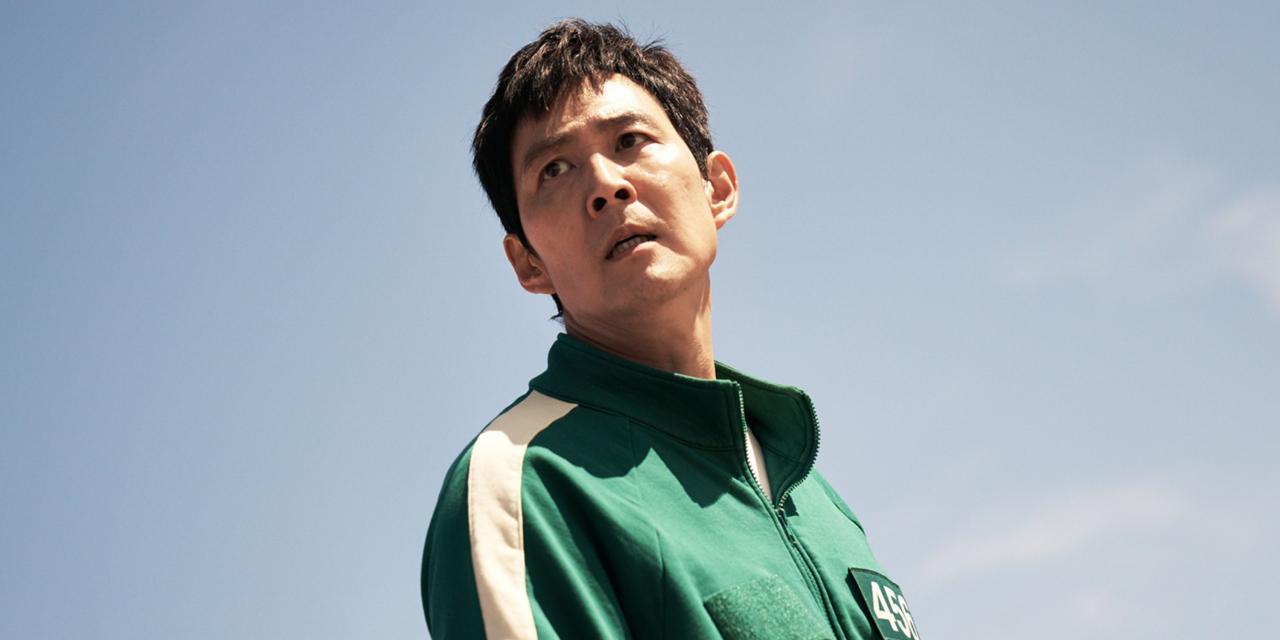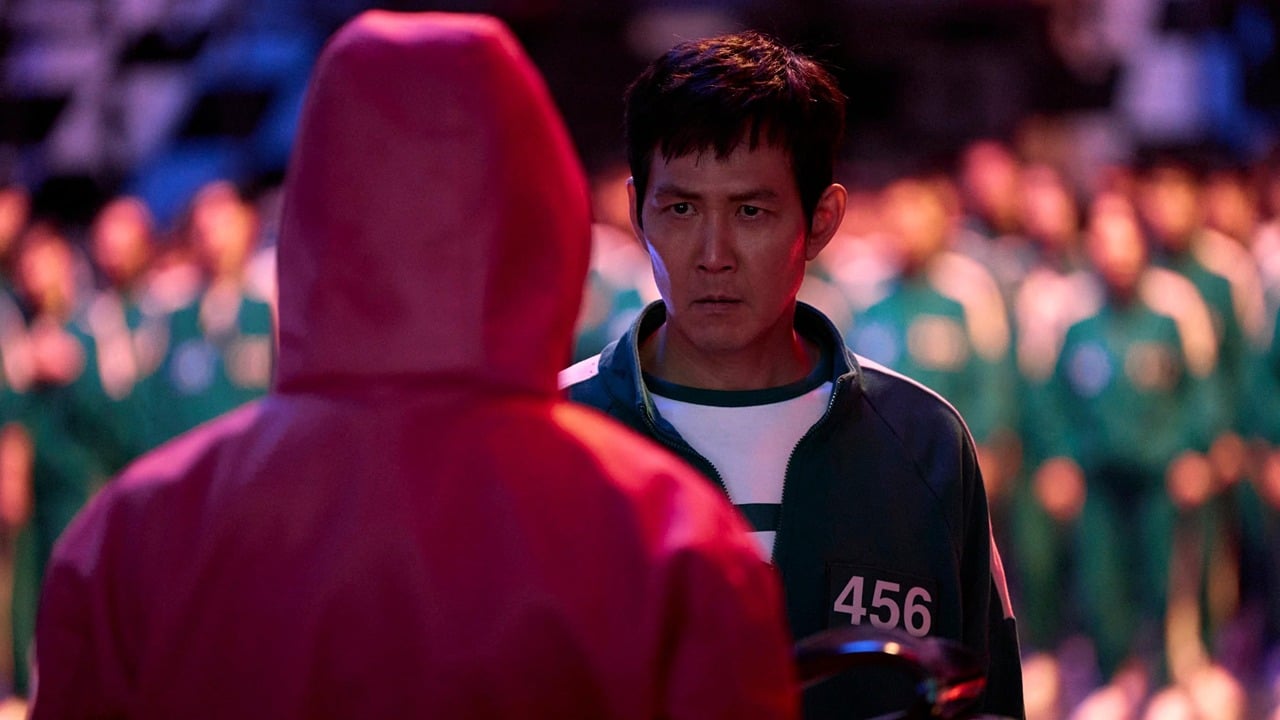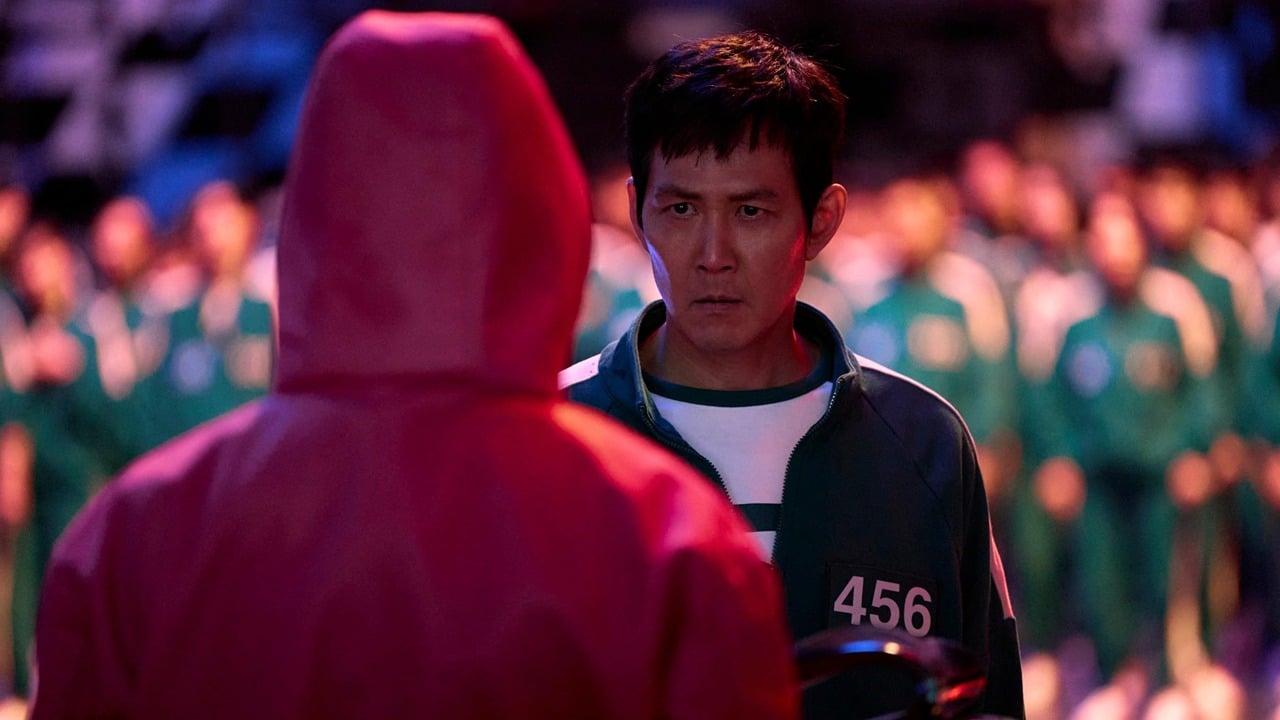Squid Game histoire vraie explores the chillingly realistic parallels between the hit Netflix show and the harsh realities faced by many in South Korea. The show’s depiction of desperate individuals driven to participate in deadly games for a chance at financial freedom reflects a deeper societal struggle with crippling debt and economic inequality. We’ll delve into the socioeconomic conditions fueling this crisis, examining real-life examples of financial hardship and comparing them to the fictional scenarios portrayed in the show.
This exploration will move beyond the screen, investigating historical precedents of survival games and modern-day exploitation that mirror the show’s brutal premise. We’ll also analyze the psychological factors driving individuals to such extremes and consider the ethical implications of portraying such intense themes in media. Ultimately, we aim to understand how “Squid Game” serves as a powerful social commentary on capitalism, inequality, and the human cost of desperation.
Squid Game: A Reflection of South Korean Society
The global phenomenon Squid Game captivated audiences with its brutal depiction of survival games. While fictional, the show serves as a stark commentary on the socio-economic realities of South Korea, particularly the crushing weight of debt and the desperation it breeds. This analysis delves into the show’s reflection of real-life struggles, exploring the psychological impact of extreme poverty and societal pressures, and examining its broader social critique.
So you’re wondering about “Squid Game histoire vraie”? While the show’s fictional, the desperation it portrays sadly reflects real-world struggles. Think about the pressures that can lead to such extremes; it’s a stark contrast to a seemingly unrelated event like the emirates plane crash abu dhabi , a tragedy highlighting different kinds of human vulnerability. Ultimately, both situations force us to consider the fragility of life and the pressures facing individuals globally.
Understanding the “Squid Game histoire vraie” requires acknowledging this broader context.
The Reality of Debt in South Korea, Squid game histoire vraie

South Korea’s highly competitive society and emphasis on economic success contribute to widespread debt. The pressure to maintain a certain lifestyle, coupled with high living costs and educational expenses, often leads individuals to accumulate significant debt. Many find themselves trapped in a cycle of borrowing to repay existing loans, further exacerbating their financial difficulties. Examples include individuals taking out high-interest loans for business ventures that fail, or those burdened by medical bills after unexpected illnesses.
Statistics reveal a concerning picture. South Korea consistently ranks high among OECD nations in household debt-to-GDP ratio. Bankruptcy rates, while not publicly released with the same frequency as debt statistics, reflect the struggles faced by many citizens. The societal pressure to succeed financially is immense; failure can lead to social stigma and family shame, making it difficult for individuals to seek help or admit to their financial struggles.
| Fictional Scenario (Squid Game) | Real-Life Equivalent (South Korea) | Debt Amount (Example) | Consequences |
|---|---|---|---|
| Indebted players risking life for prize money. | Individuals taking high-risk loans with crippling interest rates. | ₩100,000,000 (approx. USD 75,000) | Loss of home, family breakdown, mental health issues. |
| Characters facing immediate eviction due to debt. | Families facing foreclosure due to mounting debt. | ₩50,000,000 (approx. USD 37,500) | Homelessness, disruption of children’s education. |
| Desperate attempts to escape debt through illegal activities. | Individuals resorting to loan sharking or other illegal activities to pay off debts. | Variable, often exceeding initial loan amount significantly. | Imprisonment, further debt accumulation, social isolation. |
Survival Games and Exploitation
While the games in Squid Game are fictional, they echo historical instances of exploitation and desperation. Throughout history, individuals have been coerced into participating in dangerous activities for survival or minimal compensation, often under duress. Examples include forced labor camps and historical instances of gladiatorial combat.
Modern parallels exist in various forms of exploitation. The gig economy, for instance, can expose workers to precarious conditions and low wages, forcing them into financial instability. Certain industries also utilize vulnerable populations, mirroring the desperation of Squid Game participants.
- The desperation of the Squid Game players mirrors the desperation of workers in sweatshops facing inhumane conditions for low wages.
- The rigged nature of the games reflects the systemic inequalities that trap individuals in cycles of poverty.
- The lack of support systems for the players parallels the limited social safety nets available to those struggling financially in real life.
- The allure of a large sum of money as a solution to immediate problems echoes the desperation that drives individuals to engage in high-risk financial decisions.
The Psychology of Despair and Violence

The psychological factors driving participation in high-risk situations are complex. Extreme poverty, societal pressure, and a sense of hopelessness can lead individuals to make irrational decisions, including those involving significant risk. The psychological impact of poverty and pressure can impair rational decision-making, making individuals more susceptible to impulsive actions.
Research indicates a correlation between desperation and violent behavior. When individuals feel they have nothing left to lose, they may resort to violence as a means of survival or retaliation. The ethical considerations of depicting such violence in media are significant; while it can raise awareness of societal issues, it’s crucial to do so responsibly, avoiding glorification or trivialization.
So, you’re wondering about “Squid Game histoire vraie”? While the show’s fictional, its themes of desperation resonate. Think about the scale of spectacle – imagine a similar visual display, but instead of deadly games, it’s a breathtaking light show like this amazing China New Year drone show. The contrast highlights how entertainment can be both captivating and terrifying, bringing us back to the unsettling realism of Squid Game’s premise.
Social Commentary and Critique

Squid Game serves as a potent critique of capitalism, inequality, and societal structures. The show highlights the widening gap between the rich and the poor, and the systemic issues that trap individuals in cycles of poverty. The games themselves are a metaphor for the exploitative nature of some systems, where individuals are pitted against each other for scarce resources.
The show’s message resonates with other works exploring similar themes, such as the dystopian novels of George Orwell and the films of Bong Joon-ho. It offers a stark reminder of the human cost of unchecked greed and societal indifference.
The central message of Squid Game is a powerful indictment of a system that allows such extreme levels of inequality and desperation to flourish, forcing individuals into impossible choices for survival.
Visual Representation of Themes
The show masterfully uses visual elements to convey its themes. The stark contrast between the vibrant, almost childish colors of the game sets and the drab, impoverished surroundings of the players’ lives underscores the disparity between the fantasy of wealth and the reality of poverty. The color palette shifts dramatically between the bright, almost cartoonish games and the grim reality of the players’ lives, enhancing the contrast between fantasy and reality.
The close-up shots on the players’ faces during moments of desperation and fear emphasize their emotional states and highlight the psychological toll of the games. The cramped, claustrophobic environments in which many players live further emphasize their lack of opportunity and their desperation. The final game, played in a vast, open space, contrasts sharply with the cramped, confining environments of the players’ daily lives, symbolizing the ultimate stakes and the players’ desperate hope for escape.
Epilogue
While “Squid Game” is a work of fiction, its exploration of debt, desperation, and societal pressures resonates deeply with real-world struggles. By examining the show’s themes alongside real-life examples of exploitation and economic hardship, we gain a sharper understanding of the complex issues it tackles. The show’s shocking visuals and narrative serve as a stark reminder of the human cost of inequality and the urgent need for social change.
The lasting impact of “Squid Game” lies not only in its entertainment value but also in its ability to spark crucial conversations about our shared humanity and the systems that shape our lives.
FAQ Explained: Squid Game Histoire Vraie
Was Squid Game inspired by a true story?
No, Squid Game isn’t based on a single true story. However, it draws inspiration from real-world issues like extreme poverty, debt, and social inequality in South Korea and elsewhere.
Are there real-life examples of survival games?
While not identical to the games in Squid Game, history offers examples of extreme competitions and survival situations, often involving coercion or desperation, though rarely with the same lethal stakes.
So you’re curious about “Squid Game histoire vraie”? While the show’s fictional, the desperation it portrays sadly reflects real-world struggles. Think about the pressure athletes face – even the travel can be intense, like the time the Gonzaga basketball plane had an incident (though thankfully nothing like the show!). The point is, “Squid Game histoire vraie” isn’t about a specific event, but rather the universal anxieties and high stakes many people face daily.
How accurate is the show’s portrayal of South Korean debt?
While exaggerated for dramatic effect, the show highlights the very real problem of high debt levels and societal pressures related to financial success in South Korea.
What is the show’s main message?
Squid Game critiques capitalism, inequality, and the systemic issues that push vulnerable individuals to desperate measures. It prompts reflection on societal responsibility and the human cost of unchecked ambition.
